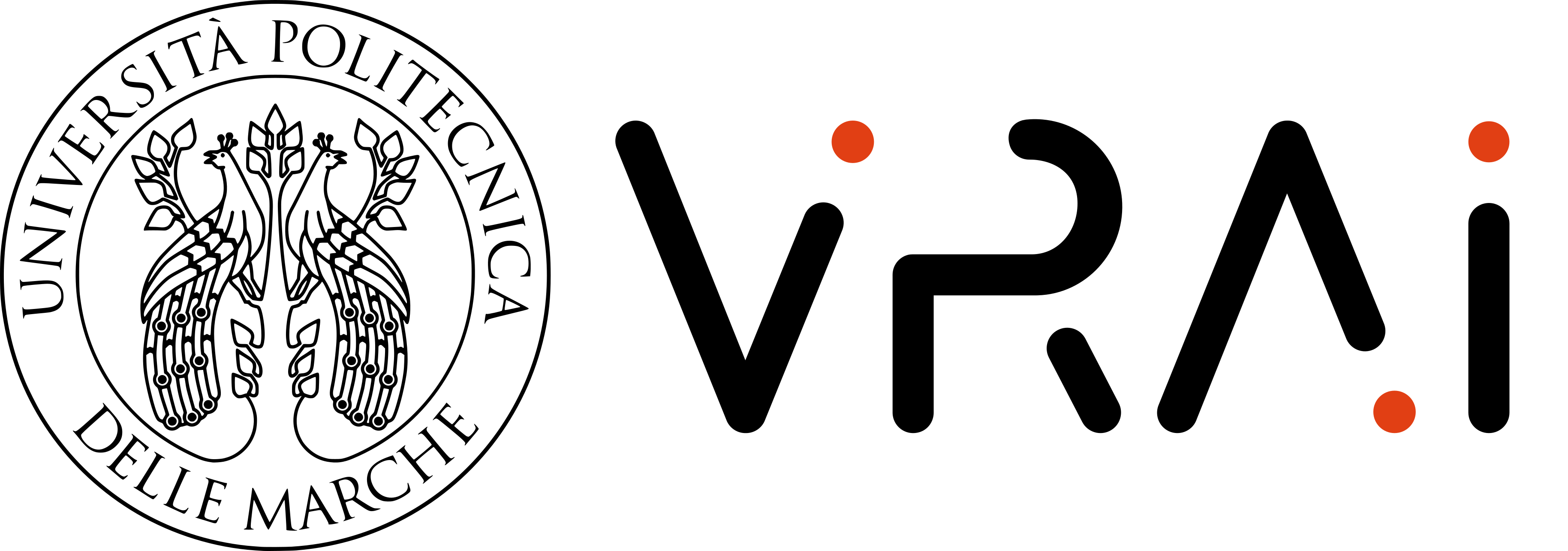
ROSIN will create a step change in the availability of high-quality intelligent robot software components for the European industry. This is achieved by building on the existing open-source “Robot Operating System” (ROS) framework and leveraging its worldwide community. ROS and its subsidiary ROS-Industrial (European side led by TU Delft and Fraunhofer) is well-known, but its European industrial potential is underestimated. The two main critiques are the following:
- is the quality on par with industry,
- is there enough European industrial interest to justify investing in it?
Partially, the answer is “yes and yes”; ample industrial installations are already operational. Partially however, the two questions hold each other in deadlock, because further quality improvement requires industrial investment and vice versa. ROSIN will resolve the deadlock and put Europe in a leading position.
For software quality, ROSIN introduces a breakthrough innovation in automated code quality testing led by IT University Copenhagen, complemented with a full palette of quality assurance measures including novel model-in-the-loop continuous integration testing with ABB robots. Simultaneously, more ROS-Industrial tools and components will be created by making 50% of the ROSIN budget available to collaborating European industrial users and developers for so-called Focused Technical Projects. ROSIN maximizes budget efficacy by alleviating yet another deadlock; experience shows that industry will fund ROS-Industrial developments, but only after successful delivery. ROSIN provides pre-financing for developers which will be recovered into a future revolving fund to perpetuate the mechanism.
Together with broad education activities (open for any EU party) led by Fachhochshule Aachen and community-building activities led by Fraunhofer, ROSIN will let ROS-Industrial reach critical mass with further self-propelled growth resulting in a widely adopted, high-quality, open-source industrial standard.
This project has received funding from the European Union‘s Horizon 2020 research and innovation programme under grant agreement No 732287. The project started in Jan 2017 and will end in Dec 2020.
